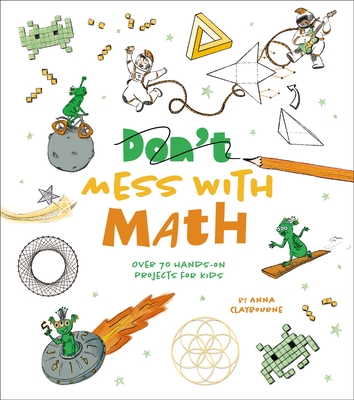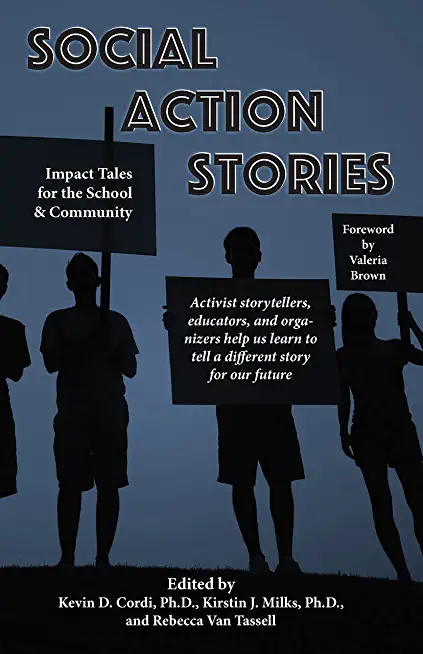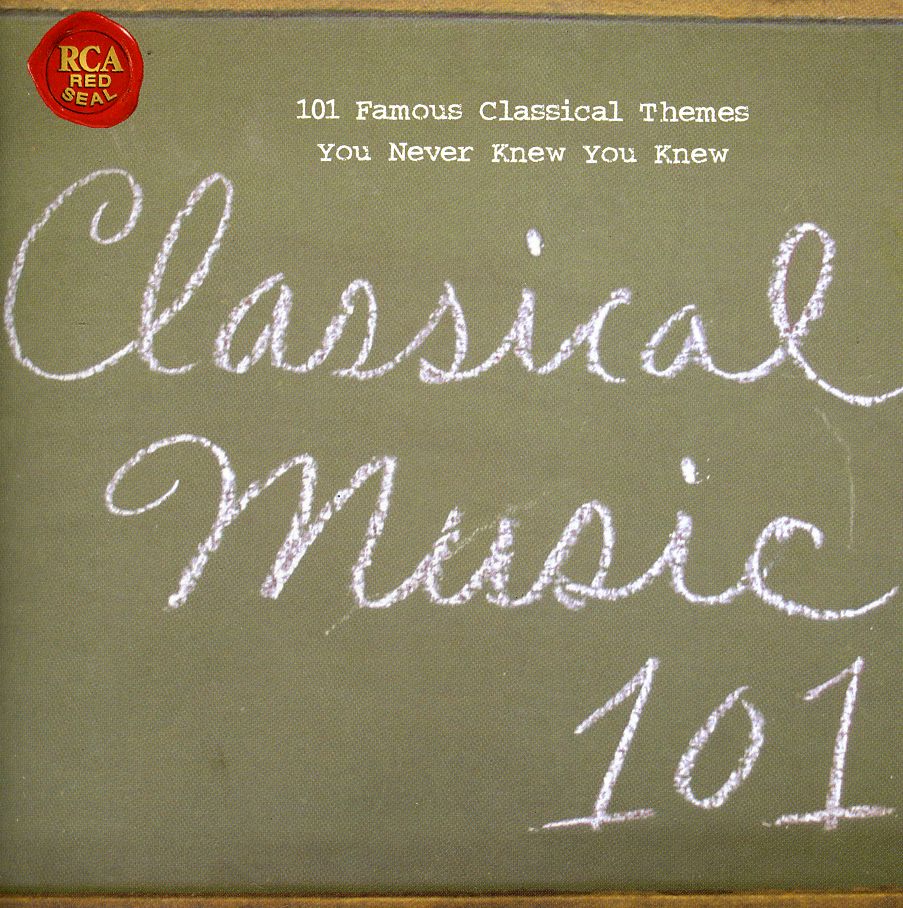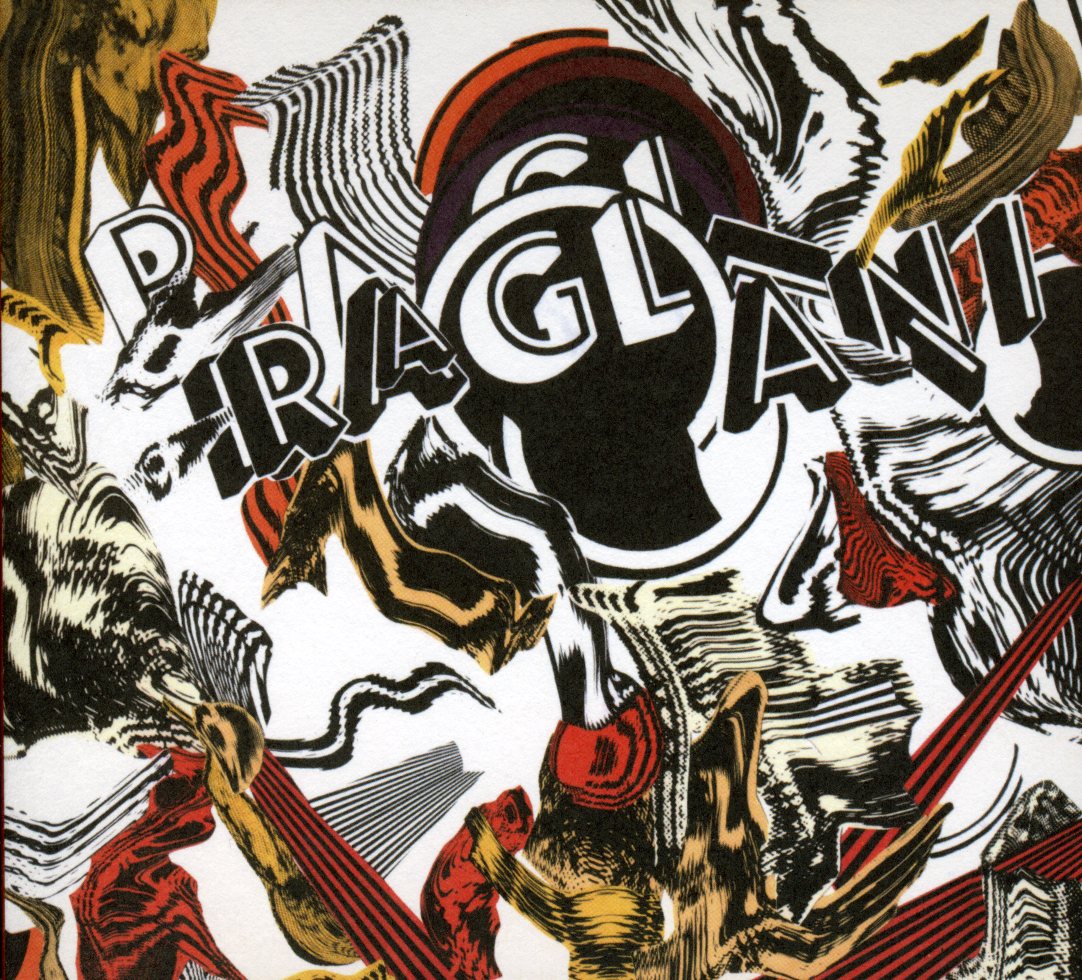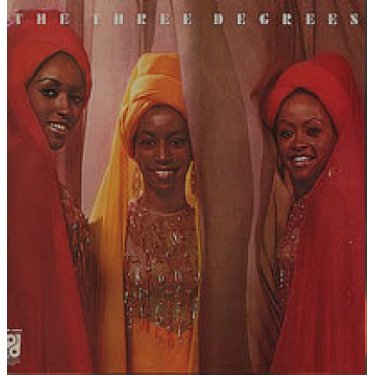
Keith, Brian W.
product information
description
How does librarianship help people to be free? How is library capacity and expertise used to increase freedom, justice, and community? This invigorating collected volume from Core unpacks these questions, and many others besides, to reveal the many ways that library workers and their institutions are applying skills, knowledge, abilities, professional ethics, and personal commitment to practice liberatory librarianship. These examples will serve as guideposts and inspiration for readers undertaking their own efforts. With a special emphasis on the voices of non-white practitioners, the themes and stories explored in this volume include
- histories of several liberatory efforts, such as the Digital Library of the Caribbean's (dLOC) open access repository of Caribbean and circum-Caribbean resources, restorative justice at the UK's SOAS Library, and examples of unsiloing DEI work;
- the work of visionary, liberatory librarians such as Dr. Alma Jordan, Lillian Marrero, Rosa Quintero Mesa, and Judith Rogers;
- innovative programs such as those at Oakland Public Library and Stanford University's KNOW System Racism Project;
- library instruction for college students with intellectual and developmental disabilities and a liberatory archival training program; and
- the radical and liberatory power of empathy in librarianship for imagining and enacting change.
member goods
No member items were found under this heading.
Return Policy
All sales are final
Shipping
No special shipping considerations available.
Shipping fees determined at checkout.
